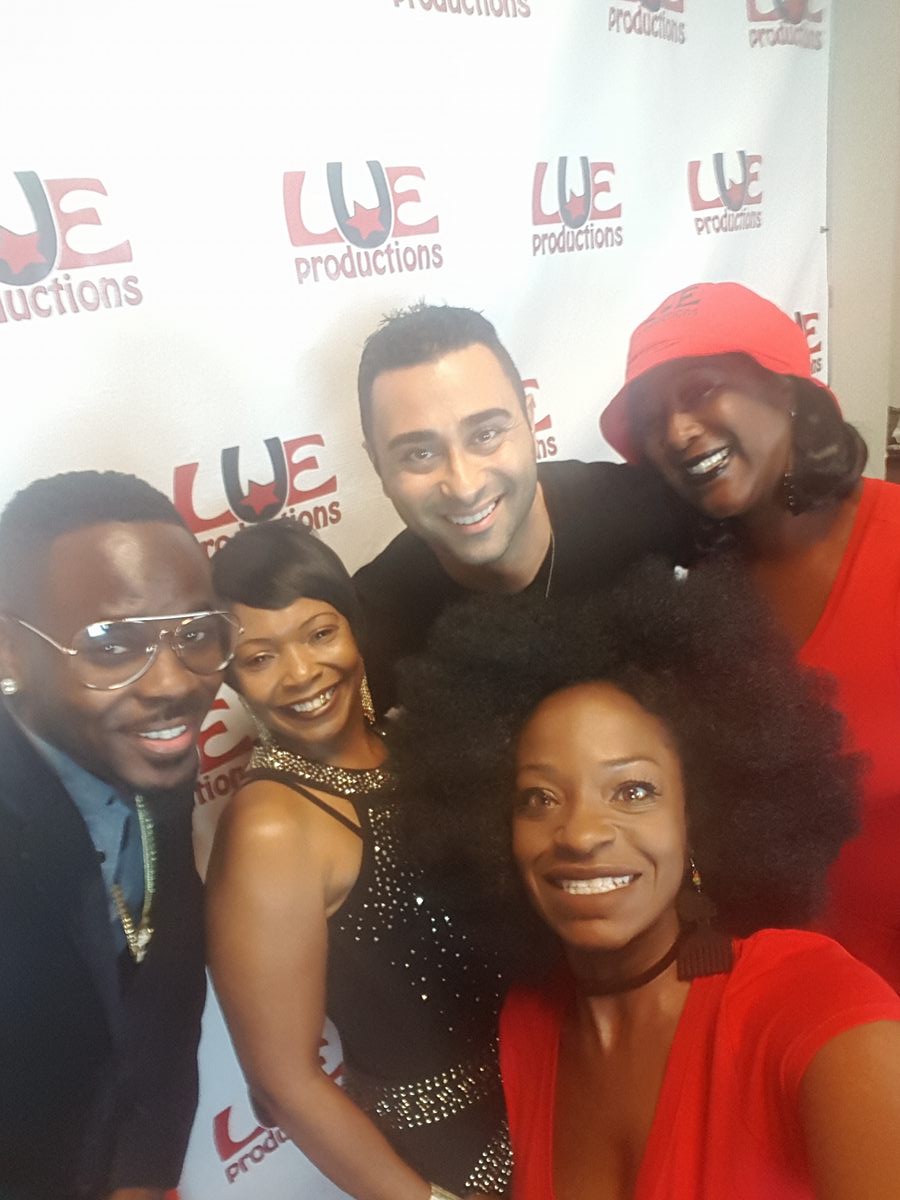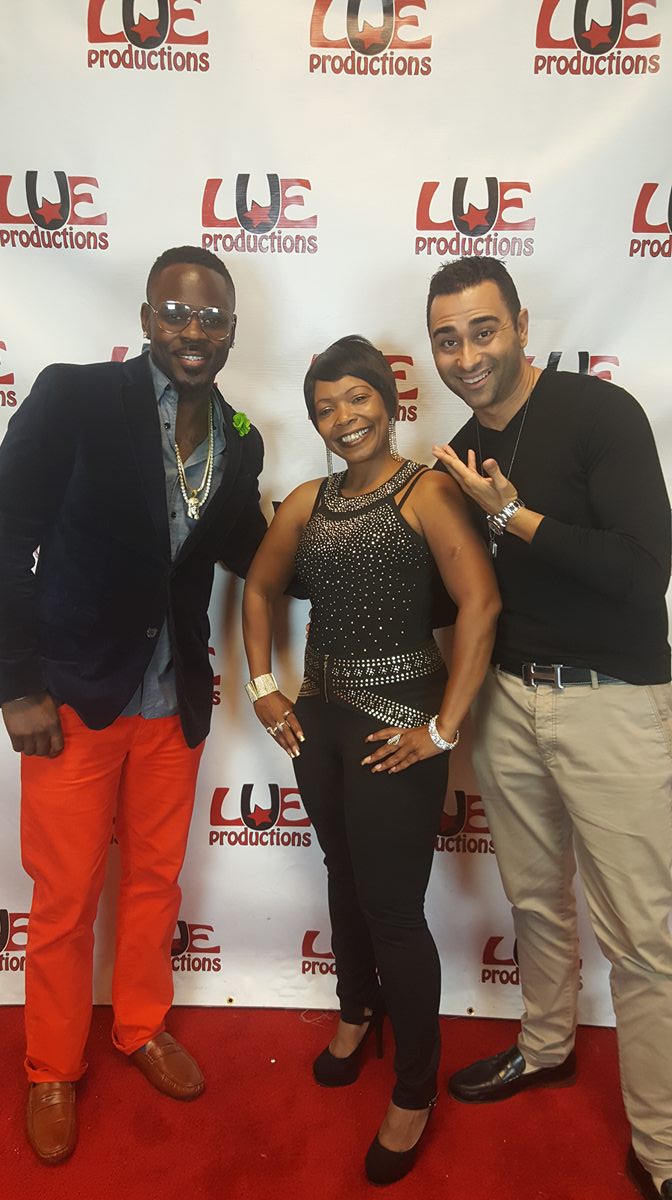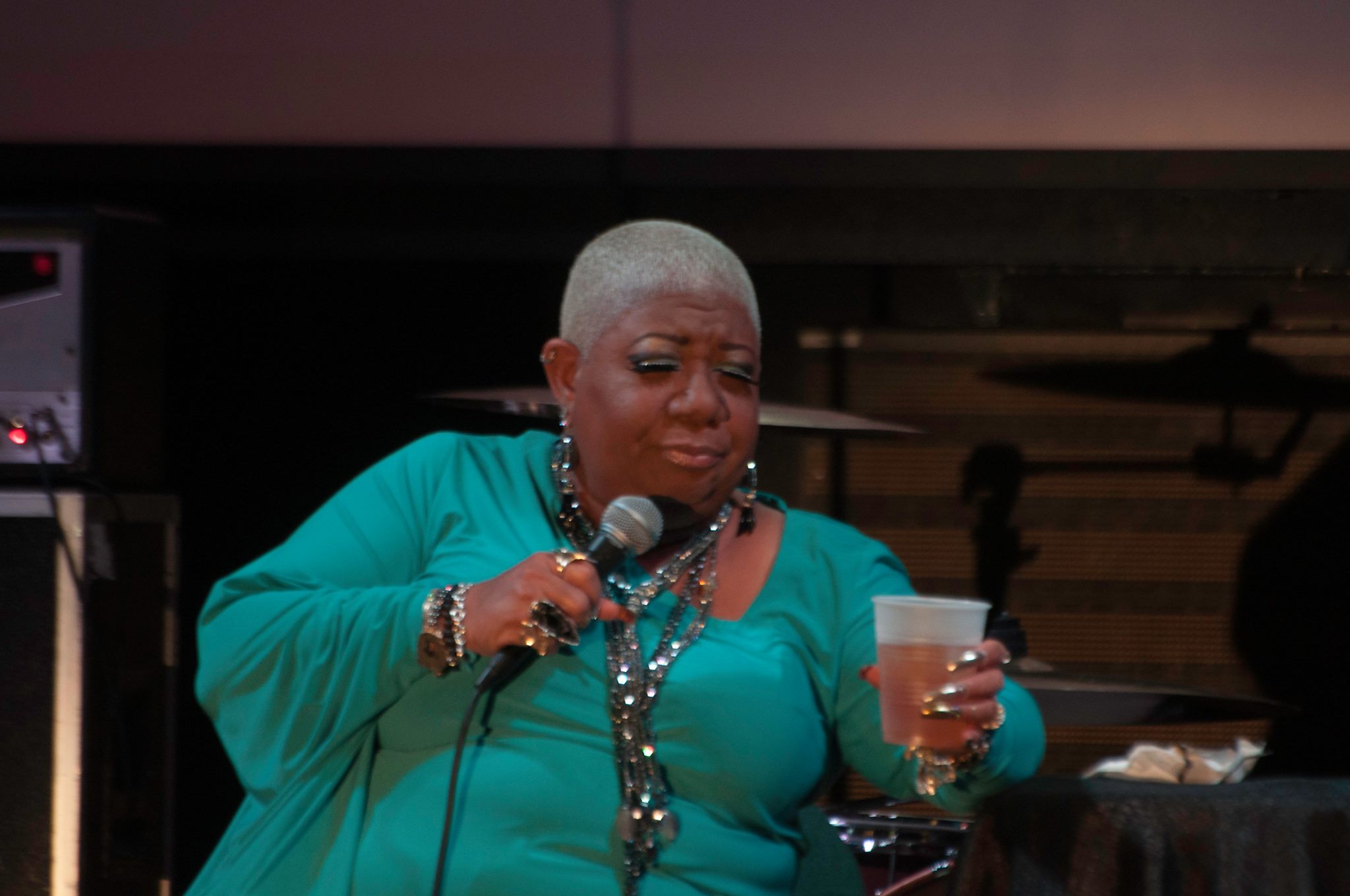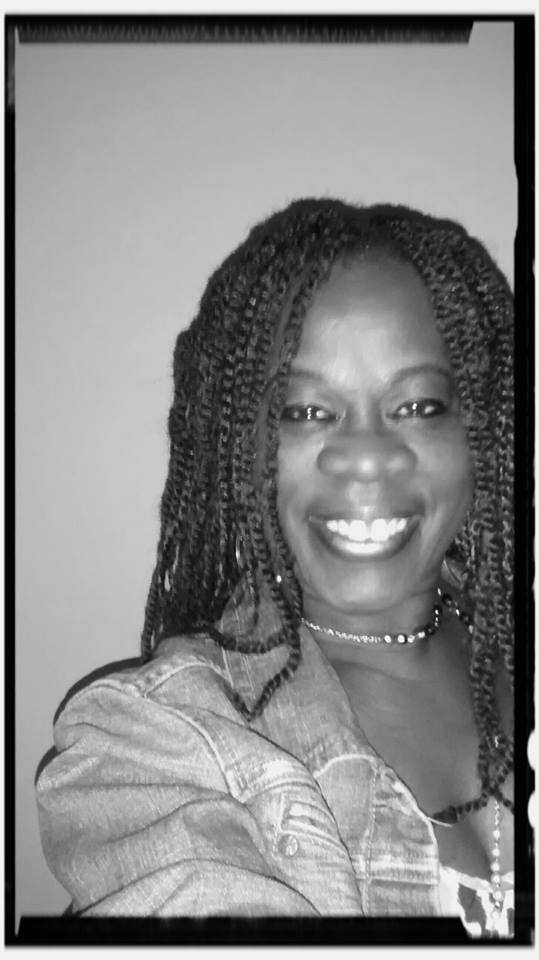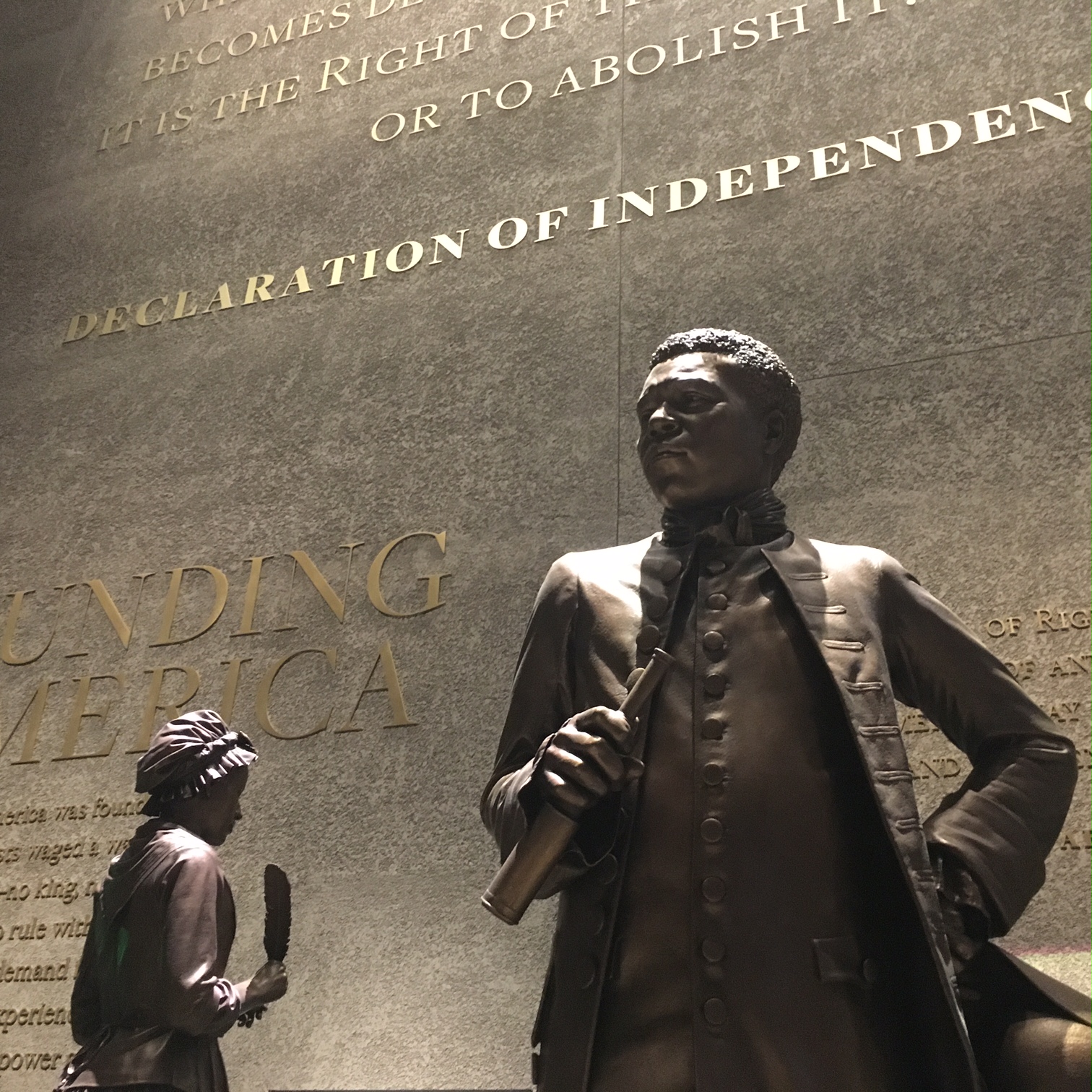Why Did Jesus Weep: Because #BlackLivesMatter Too?
By Keith Magee
For the last four visible years America has endured, once again, the polarizing effects of racism and injustice. Yet, instead of the perpetrators wearing white sheets and lynching African Americans and with coral ropes as they did decade’s prior, they now wear blue uniforms and use issued firearms.
The loss of Trayvon, Eric, Tamir, Sandra, Freddie, Korryn, Alton, Terence, Keith, and all of the others we name, came not because their assassins feared them but, because they believed their lives didn’t matter. Secretly, I’ve wept at my core when I hear the news that they have taken another life. Even when I’m driving my car with my 2-year-old Zayden, I pray that our lives will matter.
As the numbers of African-American lives continue to be disproportionately taken, many onlookers (primarily Millennials), have come with demands and questions about whether those in power believe that #BlackLivesMatter. And if so, why is injustice prevailing in the loss of these lives? The Black Lives Matter movement does not assert that other’s lives do not matter. It aims to draw attention for the need for understanding if those who enact, execute, frame and inform the law also value Black lives.
In my youth, every evening we had to offer a scripture, after prayer, before we could partake of supper. We would all eagerly go for “Jesus Wept” because it was the easiest to remember. As I sit most evenings unable to eat, sickened to my stomach, praying and searching the scripture for meaning, I ponder why did Jesus weep.
The scriptures have three recordings of Jesus weeping. The most notable is because he loved Lazarus, and Martha and Mary. Even in knowing that Lazarus would be raised again, Jesus’ human nature and pain mourned, both in relation to their present pain and even their unbelief. Jesus also wept when the chosen people failed to keep the city ‘holy’ and set apart from other world powers …He saw the city and wept over it. The other prominent presence of his weeping is found in a garden. Jesus wept sweat “…like great drops of blood,” as he prayed to his Father, knowing his time had come to die for a humanity that might never get it.
Why did Jesus weep? Was it because he was fully human and, yet, fully divine, feeling the spiritual and nature pain of the people? Was it from his humanity and divinity, where he felt love, disappointment, loss, grief and sadness-every human emotion that evokes tears from the heart?
One doesn’t have to be dead to grieve death and dying. Grieving calls us into an experience of raw immediacy that is often devastating. In A Grief Observed, a collection of reflections on the experience of bereavement, author C.S. Lewis reveals that “No one ever told me that grief was so much like fear.
Tears, the lachrymal gland, responds to the emotion of awe, pleasure, love and, yes, sorrow. They are the fluids that rest in the ducts that can cause you to lose sight and can run down into your nose, all because of sorrow not joy. And, when the heart weeps it is beyond the liquid into the small channels that flow into the tear sac. It is a pain that is likening to the sound of sorrow from the mothers, fathers, family members, who have lost their loved ones in the midst of these murders and executions. “I am not afraid, but the sensation is like being afraid. The same fluttering in the stomach, the same restlessness, the yawning. I keep on swallowing.” As an African American male, I can relate to Lewis because seemingly everyday my life is at risk. I swallow grief and fear that I, or one of my brothers, our children, or mothers, are next.
It was the sorrow of a suffering people that gave cause to ecumenical faith leaders becoming the catalyst for a civil rights movement for a “Righteous America.” These faith leaders used their sacred spaces to address the grave concerns for the least-advantaged among them. As an American society founded on a hunger and thirst for religious freedom was turning a deaf ear to the pleas of a marginalized people, certain that God’s creation suffered no stratification; these likeminded humanitarians, across racial identity, leading the charge for equality. They understood why Jesus wept, as did Jehovah, Allah, the Buddha, and many others spiritual leaders who wept too.
Recently, America lost an African-American male musical icon, Prince, though not at the hands of those in Blue. I mostly remember him for Purple Rain, in particular “When Doves Cry.” Though is it understood that these lyrics spoke to a failed relationship between two people, I purport that it speaks more to the sound of the doves. When doves cry, as they soar, it is a sorrowful song and yet in the sound we find a message of life, hope, renewal and peace.
Could the Prince of Peace be sending us a prophetic message that even in these moments of tragedy there is hope for better days? As we stand through our sorrow, will we be able to earnestly declare that #BlackLivesMatter too?
Keith Magee is a public intellectual who focuses on economics, social justice and theology. He is currently Senior Researcher of Culture and Justice, University College London, Culture; Director, The Social Justice Institute at the Elie Wiesel Center on the campus of Boston University, where he is a Scholar in Residence; and Senior Pastor, The Berachah Church at the Epiphany School, Dorchester Centre, MA. For more information visit www.4justicesake.org or follow him on social media @keithlmagee.
 Westside Story Newspaper – Online The News of The Empire – Sharing the Quest for Excellence
Westside Story Newspaper – Online The News of The Empire – Sharing the Quest for Excellence

